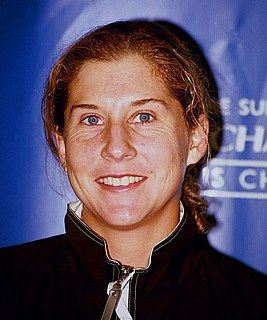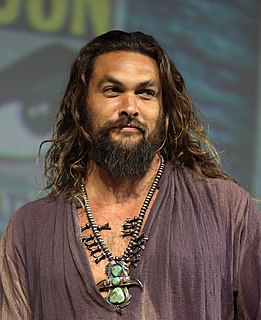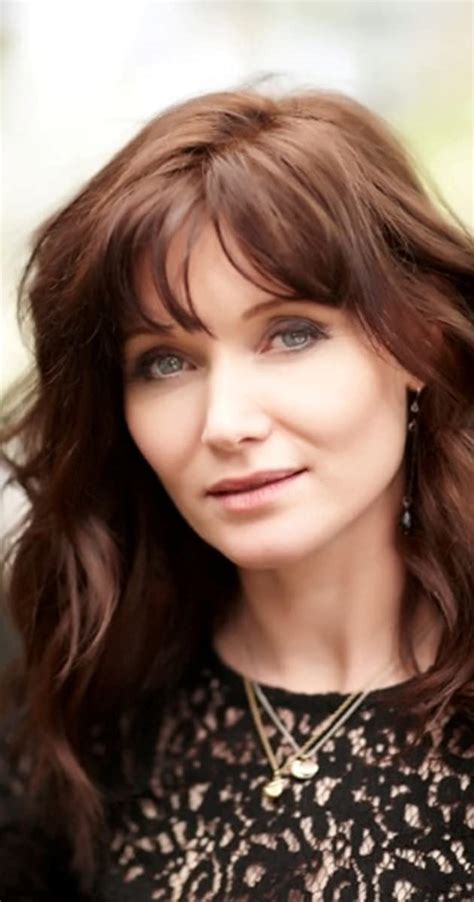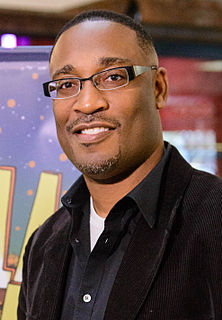A Quote by Nicolas Cage
The only reason why I tend to pass on a movie is either I don't think I'm right for the material and can't play it honestly, or because of time constraints with personal things in my life.
Related Quotes
I decided that I want to live the rest of my life happy with what I'm doing. So when I play tennis again, I have to play it for the right reason. I don't want to play to get my No. 1 ranking back. I don't want to play for the attention, or to earn more. I don't even want to play because the world wants to see me do it, even though it's nice to know that the world is interested. I only want to play because I love the game, which is the reason I began to play at age seven in the first place.
The reasons you have for doing a movie will vary with the way your life is going. There was a time when a made a some movies because I felt I needed to work. And I didn't think about the material as much. But sometimes I've thought about the material a lot and thought I was doing the right thing, and it didn't work out.
You get to use everything you learned in movie business. You talk to actors, if you do it right - and I haven't always done it right - you should be shaping the material all the time. And the other thing is, you get all the blame when you direct and it doesn't work. You get slammed. So that's another reason to know what you're making, why you're making it, and make it the way you want.
The last thing I want to do is having someone get behind a Montgomery Clift biopic, and then just do the first script that came out. Sometimes it takes a long time for these things to gestate. And I'm only going to do it if it's the right story that's told for the right reason, and that's relevant to this day and age, as much as it pays homage to who this man was. Should that happen during the time when I'm still young enough to play him, perfect. And if not, hopefully someone else will get to play him because I do think it's an incredible story.
It's far easier to write why something is terrible than why it's good. If you're reviewing a film and you decide "This is a movie I don't like," basically you can take every element of the film and find the obvious flaw, or argue that it seems ridiculous, or like a parody of itself, or that it's not as good as something similar that was done in a previous film. What's hard to do is describe why you like something. Because ultimately, the reason things move people is very amorphous. You can be cerebral about things you hate, but most of the things you like tend to be very emotive.
People think that a good passer is a flashy passer. But that's not a good pass. It's just a flashy pass. A good passer is someone who's gonna hit the guy right on the hands, and the timing is correct. You pass late, and it's not a good pass. You pass too early, it's not a good pass, either. If it's off-target, it's not a good pass.
One of the things is when you think, "Wait, I'm fearful of retaliation, I'm fearful of oppression because of someone who is going into a public office, who might be vengeful for their own personal reasons, that's actually not a reason to hide - that's a reason to step up, right?"This is part of what we learned from the 1920s.
is grey, and I like that about all the characters, the killer, the driver... the movie has a very unlikely Hollywood ending, at the same time it helps you for a sequel too. Those are the things that I think are attractive, it's more, its real life, and people can identify with it and it just grounds it to a certain degree. That's the reason why.
When you play cards and find yourself in a tricky situation, you'll use some little strategies - and that is what I have done from time to time. That is why my national teammates have called me a cheat. They are not completely right, as I am not the only person to have done it. But they are not wrong either.




































